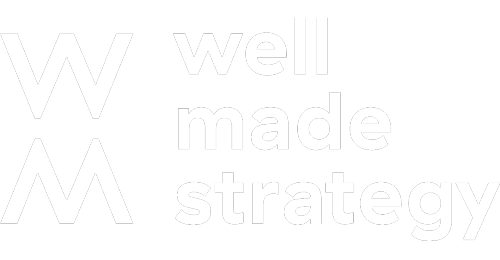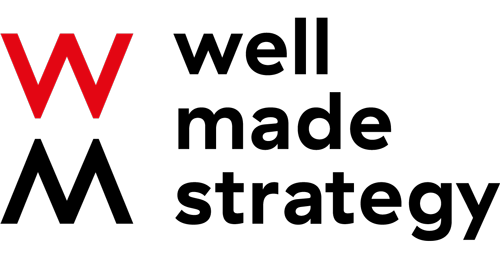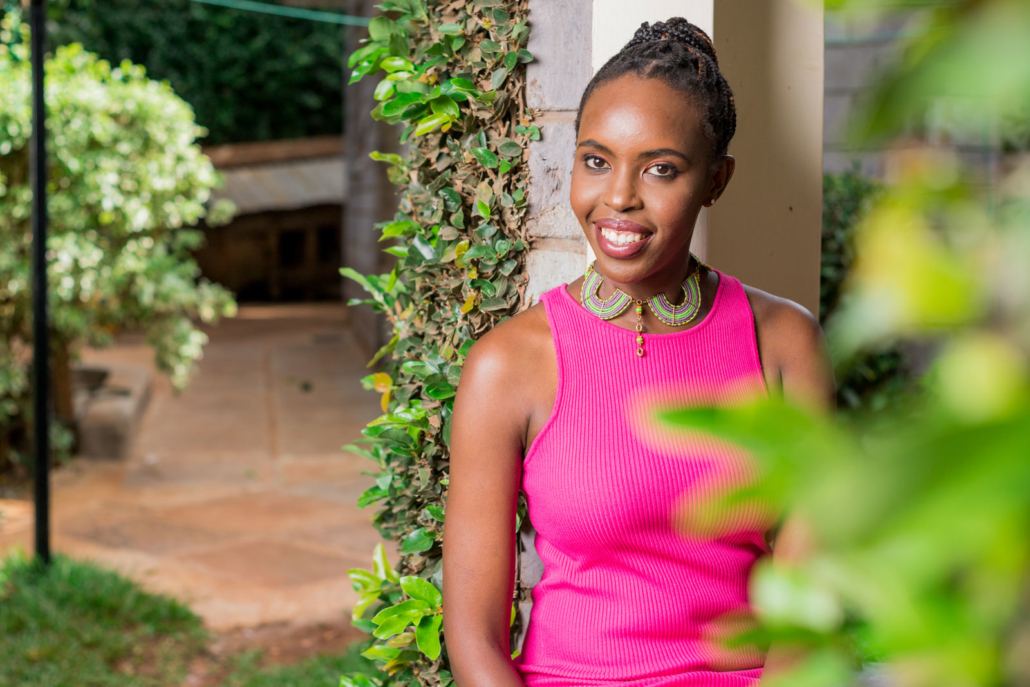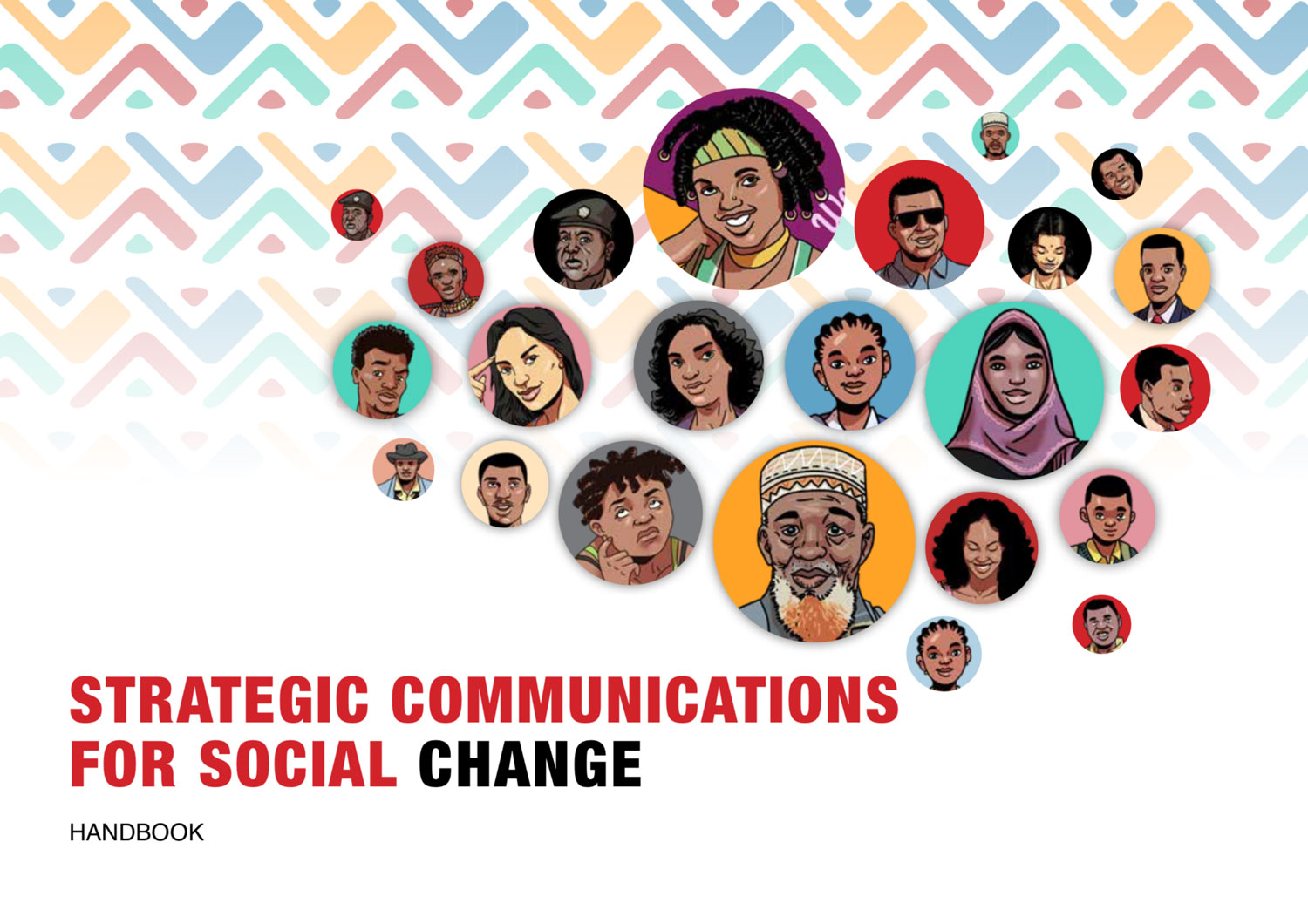I love mischief on April Fools’ Day but starting a new job on this year’s April 1st was a proper shocker.
We have all at some point in our lives come up with crazy pranks to outdo each other. Personally my ‘prank resume’ is almost as long as the Nairobi Governor’s entourage. Not all have gone as planned: like the time I pranked a friend that there were burglars in my apartment. After her initial shock and my joyous proclamation of ‘April Fools’, my home was burgled for real – and no one believed me. So, you can imagine me trying to convince my close family and friends that I was starting a new job on the very day. The responses varied, “this one thinks she’ll get us again!”, “Oh really? Do I look like such a fool to you?”, “Not today, Satan!”. But as Karma would have it, I was really joining Well Made Strategy on April 1st! And what a month it’s been.
This year’s April Fools’ Day was forgotten by many as the world grappled with covid-19. Let’s face it, what would have been a great prank before covid-19 is now our reality:
“No, I can’t come to meet you after 7pm… we’re on lockdown!”,
“We’d come to Nakuru for the weekend, but the border’s closed till May!” or
“I mistakenly coughed in public and now I’m in forced quarantine!”.
So, while I did start my job on April 1st, I did so from the comfort of my home. The virtual reality that we’re all now experiencing, in one aspect or the other, is fast becoming the norm. And the team I have joined has taken the change in its stride. Many of our partners have had their funding frozen or cut so we took the decision to go pro bono for those who found themselves unable to pay. I am excited to be working with these good people doing great things and privileged that for now we can do it whether they pay us or not.
We are doing what was previously unimaginable: staying indoors all-day-every-day without being labelled lazy, non-productive or hermitic. Video calls have sparked a new fashion trend where one can dress totally formal from the waist up and still rock a mean pyjama bottom, nightdress or shuka from the waist down.
I have enjoyed playing Uno and Monopoly with my niece and nephew, more times in a single weekend than I have ever played in my lifetime! The scrapping of church services and public holidays still seems like a big change and it is hard to imagine that this is happening “IRL” as we millennials say.
That said, this new role could not have come at a better time. Everybody needs to be purposeful and remain productive. Now more than ever before. We are experiencing the unimaginable: how do we capture what we are going through, and what does it mean for our ‘lived experiences’, our health, our families and communities? Social change organisations are thinking of how to serve their clients better within the context of covid-19, planning how they will emerge stronger once all this is cleared and how they can ensure that no one gets left behind. This is the perfect time to re-imagine how we as individuals, organisations and communities that we interact with, will adapt once we make it out of this.
Just this month I have worked with organisations such as The Regional Education Learning Initiative, The African Partnership to End Violence Against Children, In their Hands and Grassroots Innovation for Change and I’m truly inspired and excited by the work they do.
I see this as an opportunity, to re-think our healthcare, our education, our transport system, employment policies and more importantly our humanity. This is an opportunity to have conversations about greater investment in how states serve their citizens; an opportunity to think about how our individual actions affect our health, and the outcomes for our families, our communities and our environment; an opportunity to prioritise the important things in our lives such as conversations with those we care about most, as well as getting more guilt-free rest from the humdrum of mindless activity that adds little value to our lives.
I may have started on April Fool’s Day but I’m resolute. We can really help our partners to positively change lives, especially for children in our communities, by improving the possibilities for a future free from violence, where completing school is a reality and children are in the best of health, fully equipped to follow their dreams.



